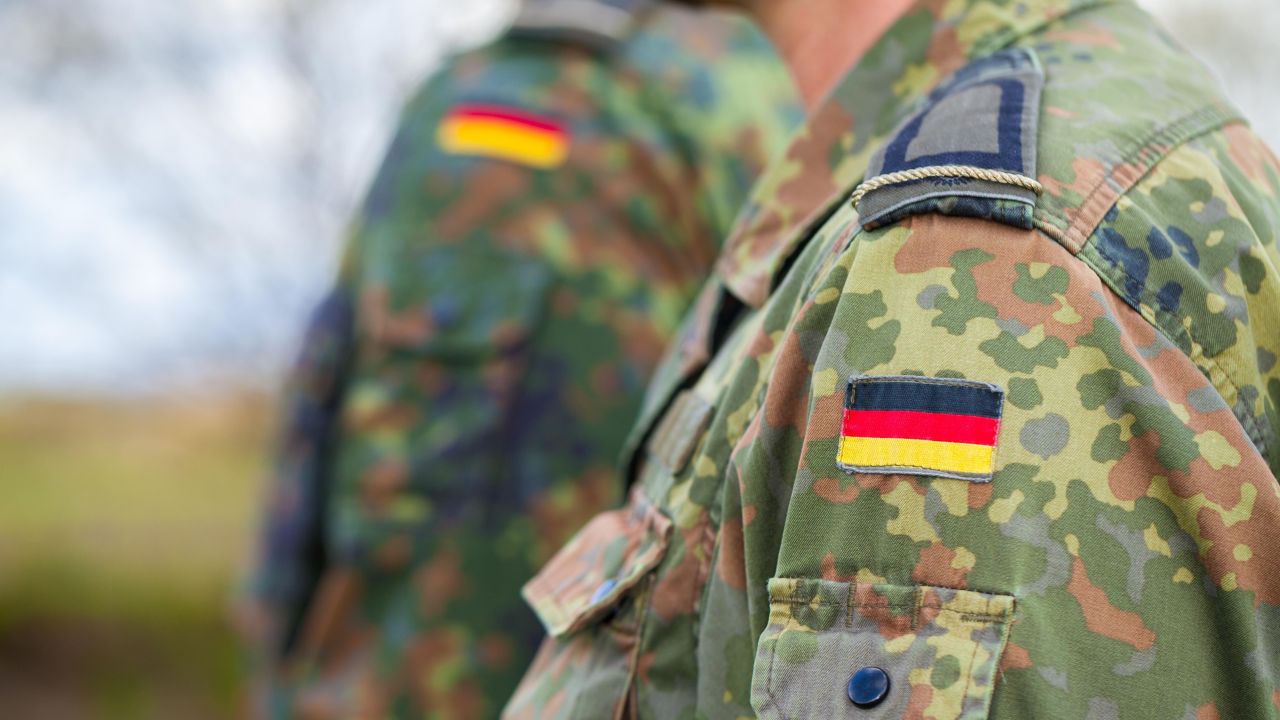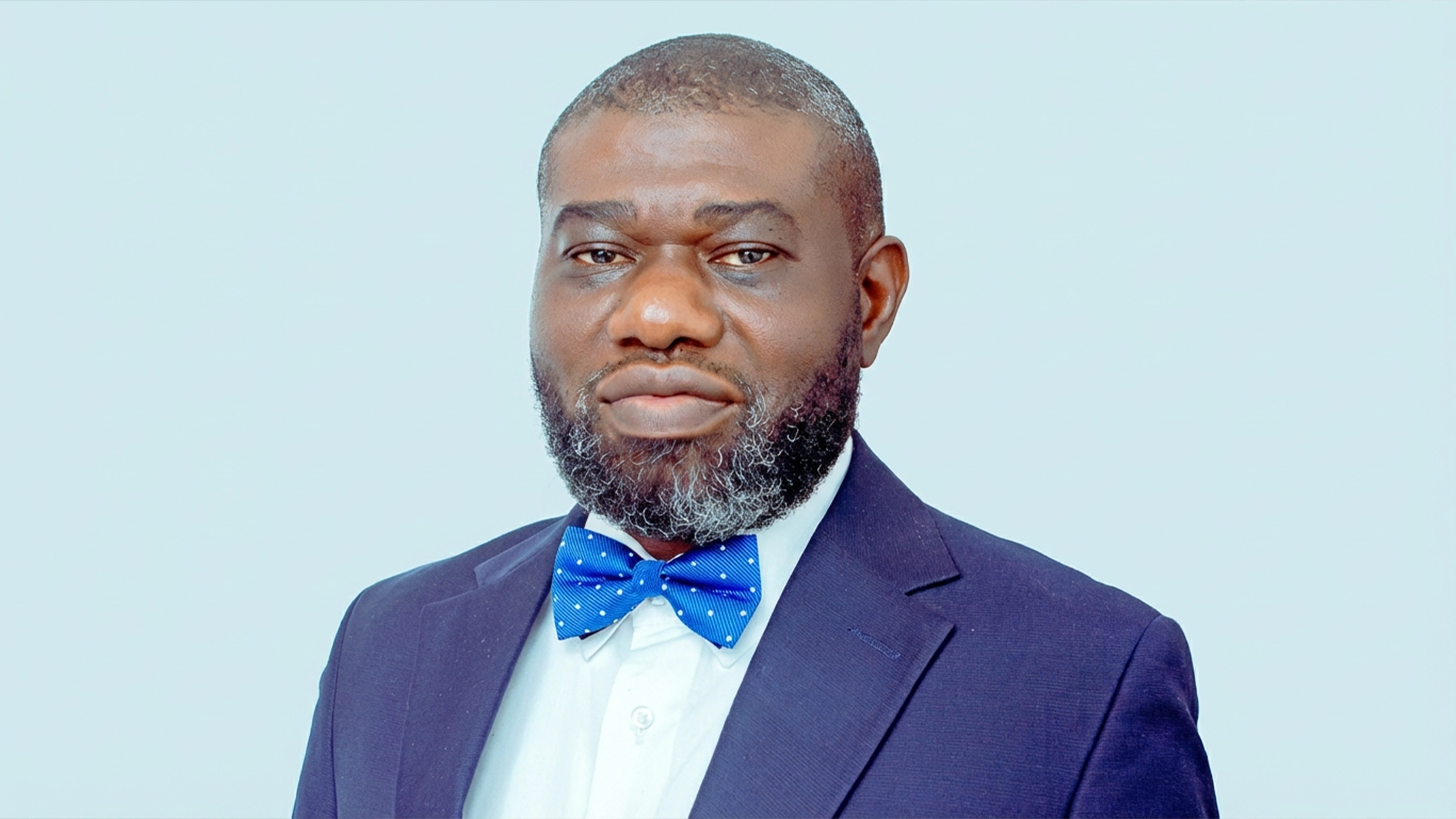
Sir: The Igbo people have a long and rich tradition of craftsmanship, particularly in metalwork. Among the most significant archaeological discoveries that highlight their metallurgical skills are the Igbo-Ukwu bronzes, dating back to the ninth century CE. These artifacts demonstrate a level of artistic sophistication and technical expertise that challenges previous assumptions about African metallurgy before European contact.
The complexity of Igbo-Ukwu metalwork suggests an advanced knowledge of lost-wax casting, alloying, and decorative techniques. Beyond bronze, the Igbo also worked with iron, copper, and other materials, producing tools, weapons, and ornamental objects.
This debunks the misconceptions and distortions that often arise from colonial narratives, historical conflicts, and stereotypes propagated in popular discourse. This aims to correct these inaccuracies and provide a clearer understanding of the Igbo people.
The precolonial Igbo metallurgy and craftsmanship, focuses on the Igbo-Ukwu bronzes, their production techniques, artistic significance, and implications for understanding Igbo civilisation. It also examines the broader context of metalwork in Igboland, including ironworking and indigenous craft traditions.
The Igbo-Ukwu discoveries
Igbo-Ukwu, a town in present-day Anambra State, is the site of one of West Africa’s most remarkable archaeological finds. In 1938, a villager named Isaiah Anozie discovered a cache of intricately designed bronze artifacts while digging a well. Subsequent excavations in the 1950s and 1960s by British archaeologist Thurstan Shaw revealed three main sites: A burial chamber containing the remains of an elite individual, possibly a priest-king, surrounded by ornate bronze and glass objects.
Aritual storehouse filled with religious and ceremonial items, including elaborate vessels and decorative objects. A disposal pit with remnants of broken artifacts and evidence of metallurgical activity. Radiocarbon dating placed the artifacts between the ninth and tenth centuries CE, making them among the oldest known bronze works in sub-Saharan Africa. The Igbo-Ukwu bronzes predate the more famous Ife and Benin bronzes, yet they exhibit a unique artistic style distinct from these later traditions.
Metallurgical techniques in Igbo-Ukwu
The sophistication of Igbo-Ukwu metalwork suggests an advanced knowledge of metallurgy.
The bronzes were created using the lost-wax casting method, a technique in which a wax model is covered in clay and heated to remove the wax, leaving a mold into which molten metal is poured. The final product is then polished and refined. Key metallurgical techniques identified in Igbo-Ukwu artifacts include:
Alloy Composition: Analysis shows that the bronzes contain high percentages of copper mixed with tin and lead, indicating knowledge of alloying to enhance durability and aesthetic quality.
Intricate Filigree Work: Many artifacts feature delicate loops, swirls, and perforations, suggesting the use of fine tools and precise casting methods.
Granulation and Wire Decoration: Some objects are adorned with tiny granules and fine wire, requiring advanced metal-joining skills.
Surface Engraving: Patterns of dots, lines, and geometric motifs were carefully incised onto metal surfaces. These technical achievements point to a highly skilled class of metalworkers who operated independently of external influences. No evidence has been found to suggest that Igbo-Ukwu metalwork was directly influenced by North African or European traditions, reinforcing the idea of an indigenous Igbo metallurgical tradition.
The legacy of Igbo metallurgy challenges outdated narratives that once underestimated African technological capabilities. It underscores the importance of indigenous knowledge systems and the need to preserve and celebrate Africa’s rich artistic traditions. As research continues, further discoveries may shed light on the full extent of Igbo metalworking and its connections to broader African and global histories.
Uche J. Udenka, social and political analyst, can be reached via #AfricaVisionAdvancementTrust.






